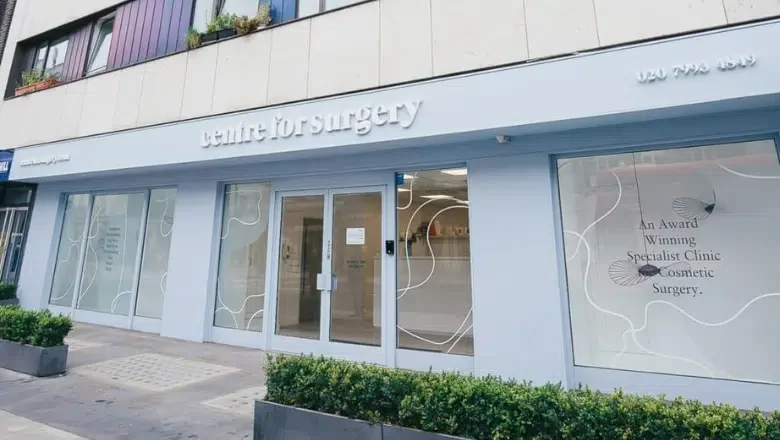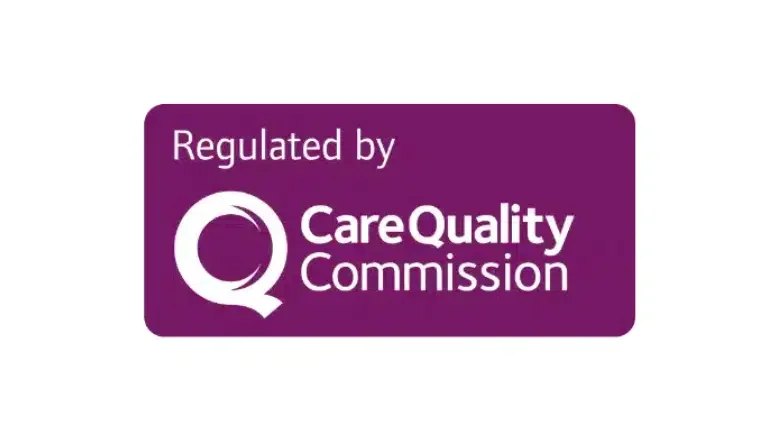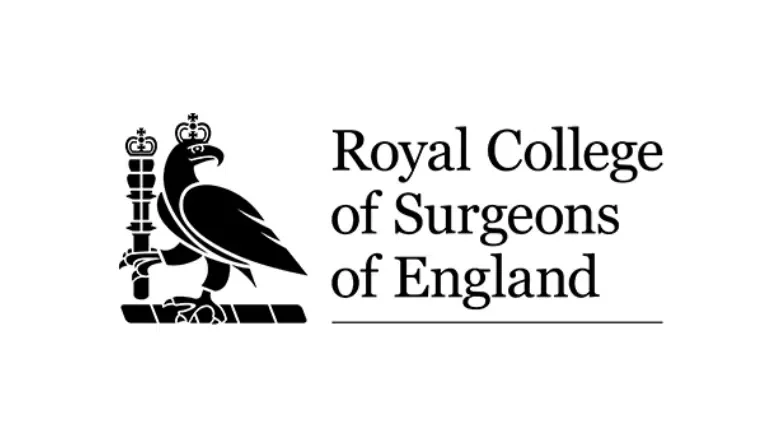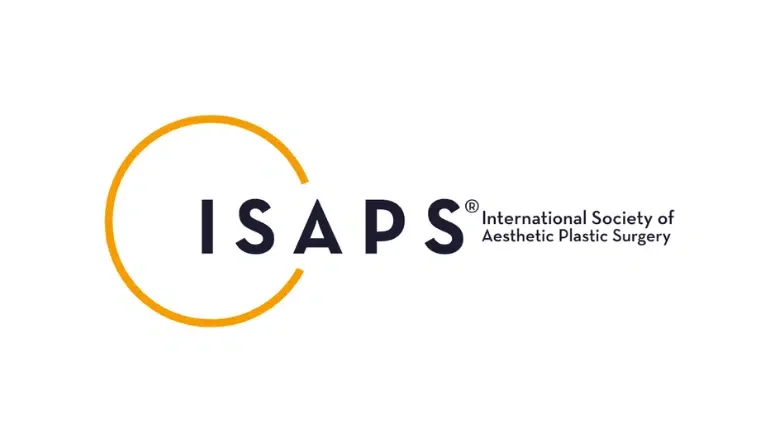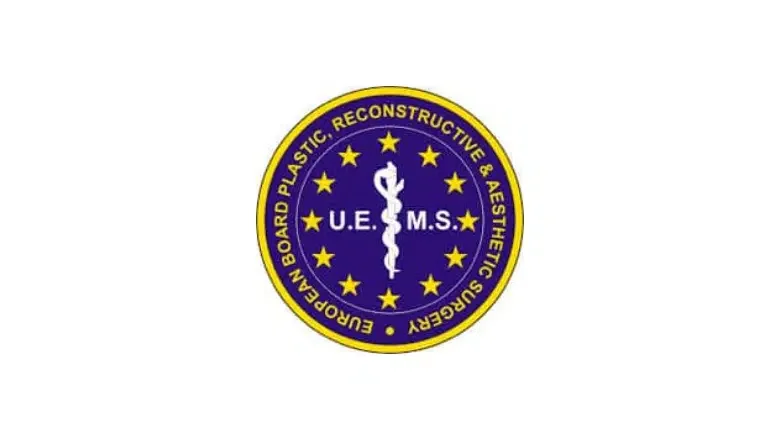Does Gyno Surgery Hurt?
Gynecomastia surgery, also known as male breast reduction surgery, is a procedure that removes excess breast tissue in men. This condition, called gynecomastia, can be caused by hormonal imbalances, genetics, obesity, or certain medications. Many men in the UK find it distressing and choose surgery as a solution to regain confidence and achieve a more masculine chest contour. However, a common concern for those considering this procedure is whether it is painful.
In this blog, we will explore in detail what gynecomastia surgery involves, how pain is managed throughout the process, and what to expect during recovery. By the end, you’ll have a clear understanding of the pain levels associated with this surgery, allowing you to make an informed decision.
Centre for Surgery is a specialist clinic that treats all types of gynecomastia. Our surgeons have years of experience performing gyno surgery using the safest and most effective techniques.
What Does Gynecomastia Surgery Involve?
Before diving into the question of pain, it’s important to understand what gynecomastia surgery entails. The procedure generally involves removing excess fat, glandular tissue, and in some cases, skin, to create a flatter, firmer chest appearance.
Gynecomastia can be treated using liposuction, surgical excision, or a combination of both, depending on the severity and type of tissue involved. Liposuction targets fatty tissue, while excision is used to remove glandular tissue and excess skin. Some patients may also need their areola resized to achieve a more balanced appearance.
The surgery is typically performed under general anaesthesia, ensuring the patient is asleep and does not feel pain during the procedure itself. It usually lasts between one and two hours, depending on the complexity of the case. Once the procedure is complete, the patient is taken to our recovery room where they are closely monitored until they wake from the anaesthesia.
Is Gynecomastia Surgery Painful During the Procedure?
One of the most reassuring aspects of gynecomastia surgery is that the procedure itself is not painful. Since it’s carried out under general anaesthesia, you will be completely unconscious throughout the surgery.
You won’t feel any pain or discomfort or be aware of what’s happening while the surgeon removes the excess breast tissue. The anaesthetic is highly effective in ensuring a painless experience during the operation, and modern anaesthesia is safe with relatively few complications in healthy individuals.
Your surgeon may also offer the procedure under local anaesthesia with sedation, meaning you are awake but sedated and won’t feel any pain. This can be an option for less invasive cases where only liposuction or minimal gland excision is required. Again, during the surgery itself, you will not experience pain due to the long-lasting effects of local anaesthesia.
Immediate Postoperative Pain: What to Expect
Once the surgery is complete and the anaesthetic begins to wear off, some discomfort is normal, but severe pain is uncommon. Immediately after the surgery, you’ll be monitored as the anaesthetic wears off, and you may feel groggy or slightly disoriented.
Mild to moderate pain, swelling, and bruising can occur as your body adjusts to the postoperative changes. This is the body’s natural response to surgery and is often described as soreness or tenderness in the chest area. Patients commonly compare the sensation to muscle soreness after a workout, but the intensity can vary depending on your body’s sensitivity and the extent of the surgery.
Pain relief is typically managed through prescribed painkillers during the first few days. These medications effectively reduce discomfort and keep pain at manageable levels. Most patients report that the pain is not as bad as they expected, and many find they can reduce their pain medication within a few days as the body starts to heal.
The First Few Days After Gyno Surgery
Discomfort is usually at its peak in the first 48 to 72 hours after gynecomastia surgery. The chest area may feel tight, and some swelling and bruising are to be expected. You will also likely be wearing a compression garment, which helps to reduce swelling and support the healing process. While the garment may feel tight initially, it’s an essential part of recovery and actually helps to ease discomfort by minimising movement of the chest tissue.
RELATED: Recovery after Gynecomastia Surgery – Top Tips & Timeline
During this early phase, it’s common to feel some soreness or tenderness when moving your arms or upper body. However, it’s important to follow your surgeon’s instructions about rest and activity. Most surgeons recommend that you avoid strenuous activities and heavy lifting for a few weeks, but gentle movement, like walking, can aid in circulation and help the healing process.
In terms of pain levels, most patients describe this phase as uncomfortable rather than painful. The soreness is more of a dull ache, and sharp pain is rare. With proper pain management through medication, rest, and wearing the compression garment, most patients find this period tolerable.
Pain Levels During the Healing Process
As the days pass, the intensity of any discomfort begins to subside. By the end of the first week, most men report that the worst of the pain has passed. Some residual soreness, swelling, and bruising may linger, but these symptoms continue to improve over time.
At this stage, over-the-counter pain medications such as ibuprofen or paracetamol are often sufficient to manage any lingering discomfort. Your body is doing the hard work of healing itself, and while there may still be some tenderness in the chest, it becomes more manageable as the weeks go by.
It’s important to remember that everyone’s pain tolerance is different, and individual recovery times can vary. Some men feel almost back to normal after the first week, while others may take a little longer to feel comfortable. Patience is key during the healing process, and following your surgeon’s aftercare instructions can help ensure a smooth recovery.
Managing Pain and Discomfort After Gyno Surgery
Your surgeon will provide detailed postoperative care instructions to ensure you manage discomfort effectively and avoid complications. These instructions often include recommendations for pain management, wound care, and restrictions on physical activity.
Here are some common ways to manage pain and discomfort after gynecomastia surgery:
- Pain medication: Prescription painkillers are typically provided for the first few days, with the option to switch to over-the-counter pain relief as needed.
- Compression garments: Wearing the prescribed compression garment can help reduce swelling, support healing, and ease discomfort by minimising movement.
- Rest: Getting plenty of rest during the first week is important, but light activity such as walking is encouraged to promote circulation and prevent blood clots.
- Avoiding strenuous activities: Heavy lifting, intense exercise, or any activity that strains the chest muscles should be avoided for several weeks.
- Ice packs: Applying ice packs to the chest during the first 72 hours after surgery can help reduce swelling and numb the area to alleviate discomfort.
- Elevating the upper body: Sleeping with your head and upper body elevated can help reduce swelling and improve comfort during the first few days after surgery.
Long-Term Pain and Sensitivity
By the second or third week after surgery, most discomfort should have significantly reduced. Some patients may experience minor, intermittent pain or a sensation of tightness in the chest for a few weeks or even months after surgery. This is a normal part of the healing process, as the body continues to adjust to the changes made during surgery.
Occasionally, patients report areas of numbness or changes in sensation around the nipples and chest. This can occur when nerves are disturbed during surgery, but in most cases, normal sensation returns gradually as the nerves heal. In rare cases, some men may experience longer-term changes in sensitivity, but this is uncommon.
While the chest may feel tight or slightly sensitive for some time, severe pain or ongoing discomfort is unusual. If you experience any sharp or severe pain after the initial recovery period, it’s important to consult with your surgeon to rule out any complications.
Are There Any Risks of Long-Term Pain?
Long-term or chronic pain after gynecomastia surgery is extremely rare. However, like any surgical procedure, complications can arise, and it’s important to be aware of potential risks.
Infection, fluid buildup (seroma), or issues with wound healing can occasionally lead to prolonged discomfort. However, these complications are uncommon, particularly if you follow your surgeon’s instructions carefully. Regular postoperative check-ups allow your surgeon to monitor your healing progress and address any concerns promptly.
RELATED: Gynecomastia Revision Surgery – All You Need To Know
If you do experience unusual or ongoing pain, it’s crucial to report it to your surgeon so they can assess your recovery and take appropriate action if necessary.
Psychological Relief Versus Physical Pain
For many men, the psychological relief from undergoing gynecomastia surgery far outweighs any physical discomfort they might experience. Living with gynecomastia can lead to embarrassment, social anxiety, and low self-esteem, particularly in situations where the chest is exposed, such as swimming or playing sports. The decision to undergo surgery is often driven by the desire to alleviate these emotional burdens and regain confidence.
RELATED: The Transformative Effects of Gynecomastia Surgery
While it’s natural to be concerned about the pain associated with surgery, the long-term psychological benefits are often worth the temporary discomfort. Many men report feeling an immediate boost in self-esteem after surgery, even during the healing process, knowing they are on the path to achieving their desired chest contour.
Final Thoughts: Does Gynecomastia Surgery Hurt?
So, is gynecomastia surgery painful? The short answer is no – at least, not in the way that many people might expect. The surgery itself is completely pain-free thanks to general anaesthesia, and while some discomfort is inevitable during the healing process, it’s usually manageable and temporary.
Most patients describe the postoperative pain as mild to moderate, comparable to soreness after a workout or minor injury. Pain is typically at its peak in the first few days, but with proper medication, rest, and care, it quickly subsides. By the end of the first week, many men are able to manage any lingering discomfort with over-the-counter medications.
In the grand scheme of things, the temporary discomfort is a small price to pay for the long-term physical and psychological benefits of gynecomastia surgery. If you’re struggling with gynecomastia and considering surgery, rest assured that the pain is manageable, and for most men, the results are well worth the short recovery period.
RELATED: Gynecomastia Scars – Treatment, Healing and Fading
Why Choose Centre for Surgery for Gynecomastia Surgery
When it comes to gynecomastia surgery, selecting the right clinic is crucial for ensuring the best outcomes. At Centre for Surgery, we pride ourselves on being a leading specialist plastic surgery clinic in London, dedicated to providing exceptional care tailored to each patient’s unique needs. Our commitment to excellence is reflected in our experienced team of professionals, state-of-the-art facilities, and a patient-centred approach that prioritises your comfort and satisfaction.
Our Expertise and Facilities
At Centre for Surgery, we understand that undergoing gynecomastia surgery can be a significant decision. Our team comprises skilled surgeons who specialise in cosmetic procedures, ensuring you receive the highest standard of care. We utilise the latest techniques and technologies to achieve optimal results, always prioritising your safety and wellbeing. Our modern facilities are equipped with advanced surgical equipment, and we maintain stringent hygiene protocols to ensure a safe environment for every patient.
Patient-Centric Care
We believe that informed patients make better decisions. That’s why we offer comprehensive consultations where our surgeons take the time to discuss your concerns, explain the procedure in detail, and outline the expected outcomes. We are here to guide you through every step of the process, from initial consultation to recovery. Our commitment to clear communication ensures you feel supported and confident in your decisions.
Testimonials from Our Patients
Here are some heartfelt testimonials from patients who have chosen Centre for Surgery for their gynecomastia surgery:
“I was really self-conscious about my condition for years. The team at Centre for Surgery made me feel comfortable from the very first consultation. The surgery went smoothly, and I couldn’t be happier with the results. I finally feel confident in my own skin!” – Mark, 29
“The care I received at Centre for Surgery was outstanding. The staff were incredibly supportive, and my surgeon explained everything thoroughly, which eased my anxiety. I am thrilled with the results, and I highly recommend this clinic.” – James, 32
“After struggling with gynecomastia for a long time, I decided to seek help. Centre for Surgery offered me the perfect balance of professionalism and warmth. The results exceeded my expectations, and I wish I had done it sooner.” – Tom, 27
Easy Booking for Consultations
If you are considering gynecomastia surgery, we encourage you to reach out for a consultation. Our dedicated team is ready to assist you with any questions and guide you through the process. You can contact us at:
- Phone: 0207 993 4849
- Email: contact@centreforsurgery.com
To learn more about us, visit our About Us page. You can also meet our experienced team by visiting the Meet the Team page.
Finance Options Available
We understand that financing surgery can be a concern. That’s why we offer various finance options, including 0% APR with Chrysalis Finance. To explore your financial options further, please check our Finance Options page.
Additional Resources
For more information about the procedures we offer, you can read our articles on our plastic surgery blog. If you have questions about our services, you may find helpful answers in our Clinic FAQs.
Visit Our Baker Street Clinic
Our clinic is conveniently located at 95-97 Baker Street, London W1U 6RN. We invite you to visit our Baker Street clinic page for more details.


